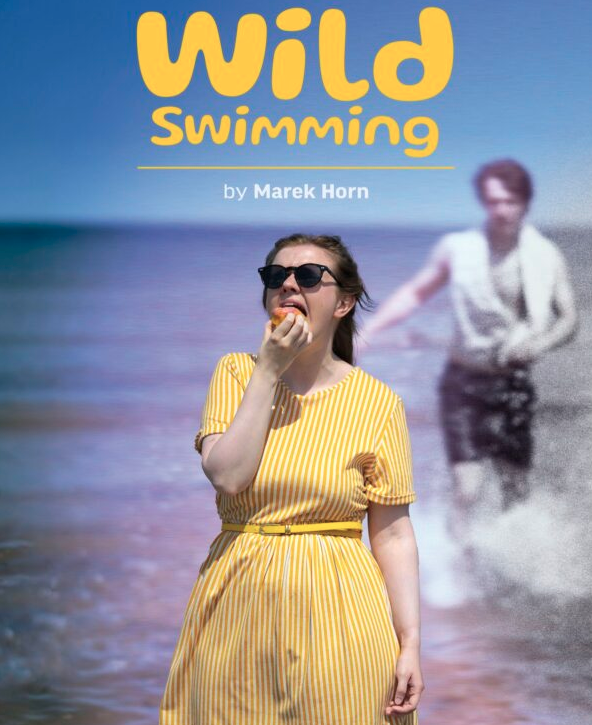FARM HALL AT THE ARTS THEATRE
Heisenberg is Alan Cox , German scientist extraordinaire
This extraordinary new play begins with the defeat of Germany in 1945. The Second World War, after a savage destructive and heroic final phase has ended with victory in Europe secure. The Japanese still fought on; a fact central to this fascinating drama. The British secret service have transported an élite group of Nazi scientists, Hitler’s Uranverein – the Uranium Club to Farm Hall in rural Cambridgeshire, These top nuclear physicists had worked on the ultimate weapon of mass extinction, the Atom Bomb, since 1939. What would their fate be, imprisoned by the British unable to communicate with the outside world whilst war raged around them?
The Arts theatre has scored again with in a classic intrigue of a real- life -inspired drama. No frills no tricks no embellishments, nothing but a compelling story, had every member of the audience nailed to their seat. To think that these post conflict manoeuvres events devolved secretly only a few miles from Cambridge is a remarkable realisation, yet the play brings these men to extraordinary life. Playwright Katherine Moar has created a debut drama with all the intrigue of scientists’ drawing room rivalries – yet with a earth -shattering context. Its significance deepens the more we hear from the club of ambitious men, brought low by war.
The curtain opens on a dusty shabby once-grand living room.
The group put on a play, clearly Noel Coward’s Blithe Spirit So incongruous is this lighthearted farce, it is not much of surprise when the players refuse to do any more of it. Diebner, a famous physicist played throughout with brilliant ferocity by Julian D’Silva explodes with frustrated fury as he spits out his lines The attempt at light diversion collapses. Transported with the rest to a realm of pointless boredom, we get to know the group. Rivalry is the keynote. Scientific snipes over who discovered what when, envy of their star internee Heisenberg is a constant theme. Played with convincing panache by a cool Alan Cox this Nobel prize winning scientist is the senior scientist ( he was head of the Nazi project to develop an atomic bomb) and attracts a general resentment. William Chubb as Professor Von Laue, a man of aristocratic reserve and huge reputation brings a stiff authority to the group, his manner is straight out of any Cambridge Senior Combination room ,Ultimately he challenges the group in a scene of mordant truth telling.
Von Han the inventor of nuclear fission announces the explosion of the Atomic Bomb by the Americans . It closes the first half of the play as the group, drained by shock and disbelief stand around stunned.
Author Katherine Moar got the idea for this play from her professors in America. For every word spoken in the four months these world beating scientists in captivity, was recorded by British /American military. Only a fraction of the transcript is open to public view but it was enough to furnish a play to sober and startle any audience.
How could these cultivated well informed scientific minds, especially the much vaunted Hiesenberg and Nobel prize winning Otto von Hahn, ( wonderfully rendered by Forbes Masson) stay on to work for a regime as toxic as the Nazi project? What made them do it? Pressure? Patriotism? Professionalism – they were ambitious enough to set aside moral questions? Or fear of failure?
The second half of the play gets going with these questions of truth – lead by Daniel Boyd as Weizsacker a restless frustrated young man, and the older Von Laue who challenges the group. “We should have refused to do any of it”.
Scientists of Cambridge, this is a must-see for you, but for everyone the play is study in destiny, and decision,an examination of choice. For the unspoken back drop to these men’s scruples is the horror of the Holocaust, the savagery of antisemitism and the stubborn fact that under all this sophisticated science and educated individual intelligence lay a reality they chose to ignore.
How much you blame them is up to you.
Julies D'Silva as Diebner in Farm Hall -
Forbes Masson as Von Hahn and Alan Cox as Heisenberg in Farm Hall









